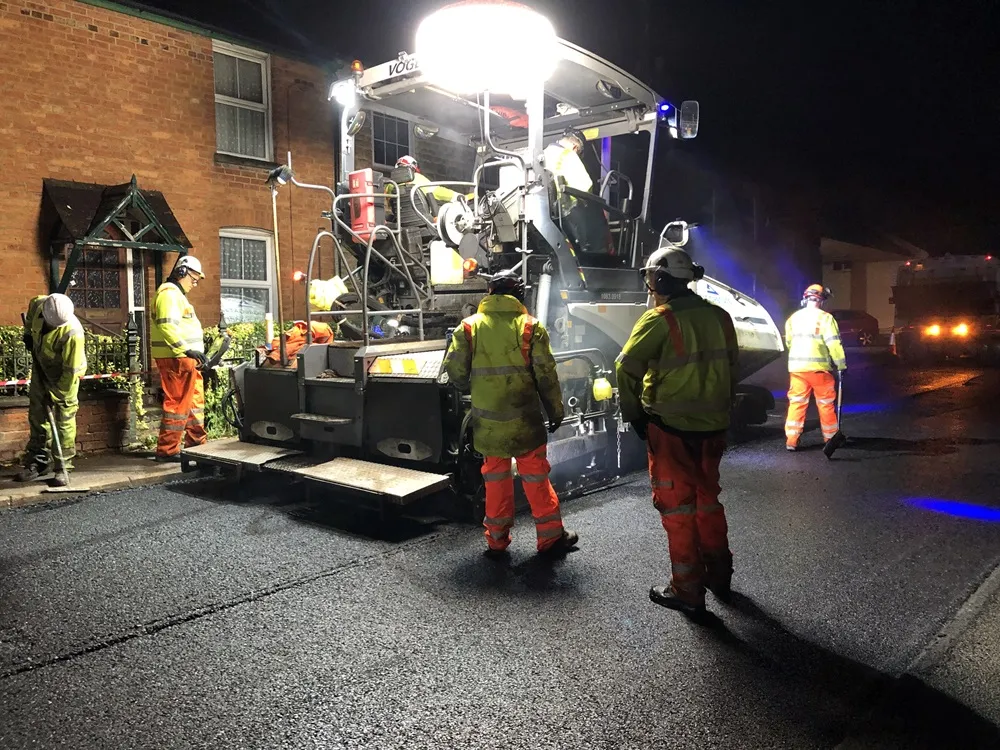An umbrella body of 370 local authorities in the UK wants towns and cities to charge utility companies for digging up roads and disrupting traffic.
The Local Government Association, representing English and Welsh members says too many roads are blocked due to lane closures because of digging to repair pipes and communication lines.
The LGA said it should be easier for local councils to introduce lane rental schemes if needed, without the requirement to get approval from the central government.
A la
August 17, 2016
Read time: 2 mins
An umbrella body of 370 local authorities in the UK wants towns and cities to charge utility companies for digging up roads and disrupting traffic.
The Local Government Association, representing English and Welsh members says too many roads are blocked due to lane closures because of digging to repair pipes and communication lines.
The LGA said it should be easier for local councils to introduce lane rental schemes if needed, without the requirement to get approval from the central government.
A lane rental scheme means utility companies, such as gas, water and cable providers, are charged a daily rate for work carried out on key congested roads during busy periods, such as rush hour. A statement from the LGA said this incentivises companies to finish their work faster.
Money raised from lane rental charges would be used by councils to fund measures which help to reduce future road works disruption. Currently,2387 Transport for London (TfL) and Kent County Council have been the only ones granted approval to run lane rental schemes.
Councils spend nearly a fifth of their maintenance budgets - €253 million – on tackling poorly done utility street-works, which reduce road life by up to a third. Latest central government figures show the country is on the fast-lane to gridlock and forecast an increase in traffic levels of up to 55% by 2040.
The Local Government Association, representing English and Welsh members says too many roads are blocked due to lane closures because of digging to repair pipes and communication lines.
The LGA said it should be easier for local councils to introduce lane rental schemes if needed, without the requirement to get approval from the central government.
A lane rental scheme means utility companies, such as gas, water and cable providers, are charged a daily rate for work carried out on key congested roads during busy periods, such as rush hour. A statement from the LGA said this incentivises companies to finish their work faster.
Money raised from lane rental charges would be used by councils to fund measures which help to reduce future road works disruption. Currently,
Councils spend nearly a fifth of their maintenance budgets - €253 million – on tackling poorly done utility street-works, which reduce road life by up to a third. Latest central government figures show the country is on the fast-lane to gridlock and forecast an increase in traffic levels of up to 55% by 2040.









